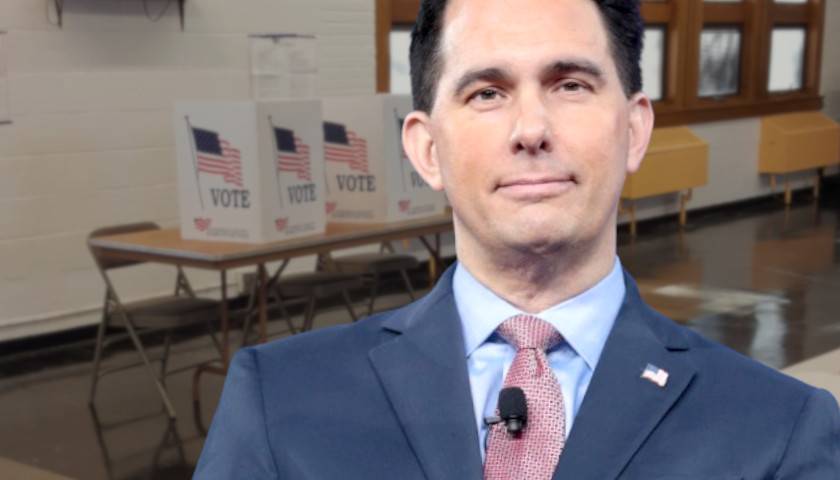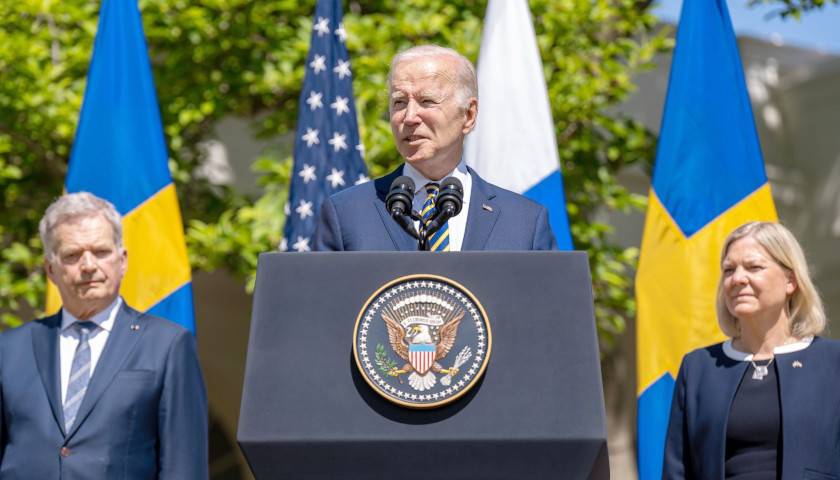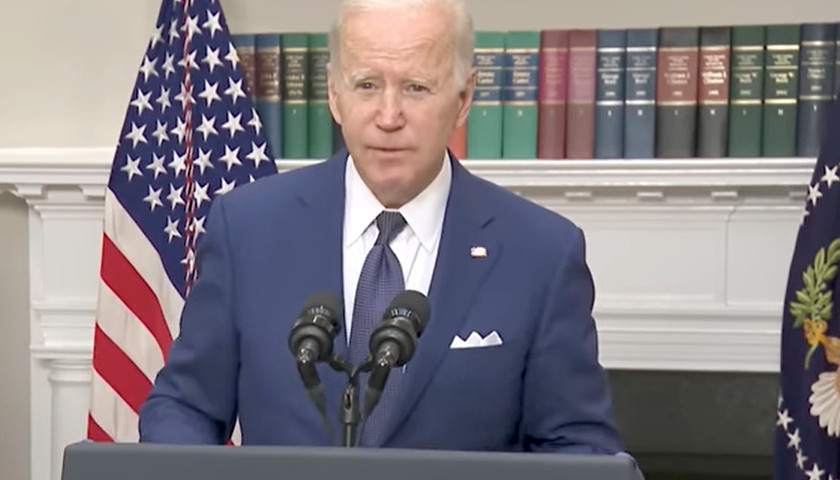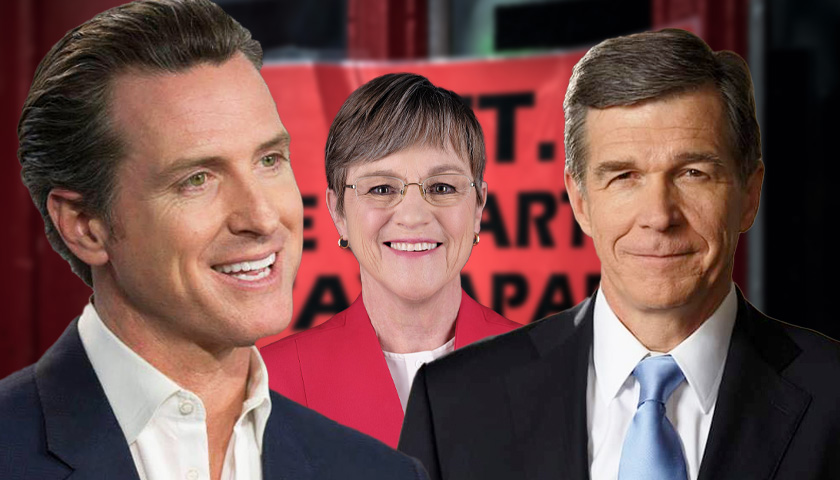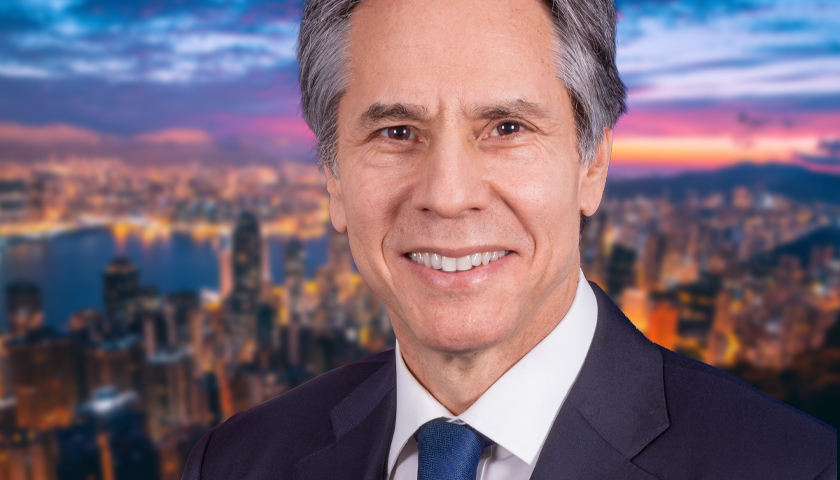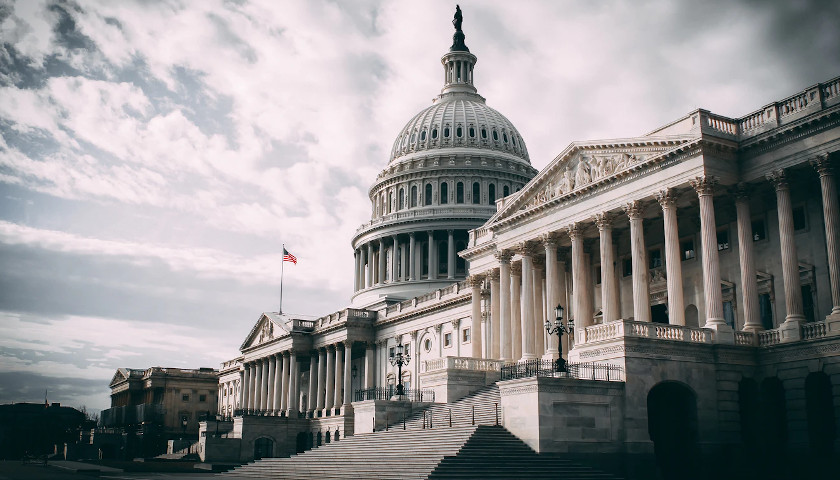While many government leaders sound the all clear message on COVID-19, dropping vaccine restrictions and mask mandates, some states and municipalities are clinging to the emergency powers that allowed them to govern people’s behavior in unprecedented ways.
Citing the need to direct emergency funding and oversee hospitals, they have held on to their emergency orders even as many restaurants, shopping centers, and sports arenas are once again packed and lingering pandemic concerns have faded into the background of a more normal life.
Emergency orders at the state level are usually issued in response to temporary threats, especially weather disasters, and are wrapped up in a few days or weeks. Soon after the new coronavirus exploded in March 2020, most governors issued broad executive orders. Under these powers, governors banned crowds, closed businesses, and imposed mask and vaccination mandates. They have also deferred to unelected public health officials in imposing restrictions.
Read More

